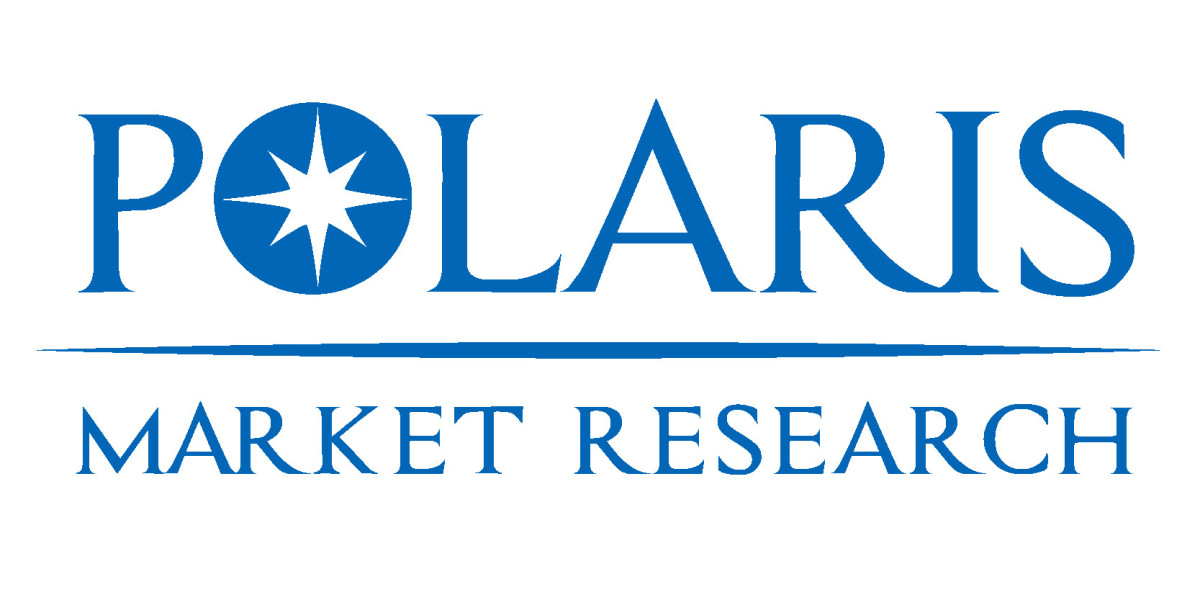Digital Health Market
The digital health market size was valued at USD 175.43 billion in 2021. The market is expected to expand at a CAGR of 27.4% from 2022 to 2030, reaching up to a value of USD 1,432.92 billion by 2030.
Digital Health Market Overview
Digital health involves the use of information and communication technologies (ICTs) to enhance healthcare delivery. It encompasses a broad range of technologies and applications, including mobile health (mHealth) through smartphones and tablets, telehealth & telemedicine services, digital therapeutics, and health information technology (HIT). Digital health aims to improve access to healthcare, especially in remote areas, reduce healthcare costs, empower patients to manage their health, enhance the quality of care, and facilitate data-driven decision-making and research.
Some examples of digital health include mobile apps for tracking fitness, managing medications, or connecting with healthcare providers; online platforms that enable virtual consultations with doctors and other healthcare professionals; smartwatches and fitness trackers that monitor activity, heart rate, and other health metrics, and using digital systems for storing and accessing patient health information. Digital health improves patient outcomes by preventing unnecessary hospital visits.
Digital Health Market Opportunities
The COVID-19 pandemic accelerated the adoption of telehealth, and the shift is expected to continue, with virtual consultations and remote monitoring becoming increasingly common. Digital therapeutics and personalized medicine tools can be used to diagnose, treat, and manage medical conditions, offering personalized care plans. Wearable medical devices and health data analytics can help individuals track their health, monitor vital signs, and make informed decisions about their well-being. The market for digital fitness and well-being solutions is growing, with individuals seeking tools to improve their health and lifestyle, thereby creating digital health market opportunities.
Key Digital Health Market Trends
Telehealth and Remote Patient Monitoring: Telehealth, a process of using technology for remote healthcare services, is experiencing rapid growth, driven by the need for flexible healthcare solutions. This includes virtual consultations, remote monitoring of vital signs, and even remote diagnostics. Telehealth offers patients greater convenience and access to care, especially in underserved areas, and can reduce healthcare costs.
Digital Health Apps and Platforms: The number of digital health apps and platforms is rapidly increasing, offering a wide range of solutions for managing health conditions, promoting wellness, and engaging patients. These include apps for mental health support, chronic disease management, and medication adherence. Digital health tools empower patients to take a more active role in their health management.
Artificial Intelligence (AI) in Healthcare: AI is being used for various applications, including drug discovery, diagnostics, and personalized treatment plans. AI algorithms can analyze medical images, predict patient outcomes, and even assist in robotic surgery. AI promises to revolutionize healthcare by improving accuracy, speed, and efficiency. AI can also analyze patient data to predict disease progression and identify high-risk individuals. Further, AI can manage patient requests, provide medical information, and schedule appointments.
Digital Health Market Drivers
Increasing Adoption of Digital Healthcare: There's a growing demand for personalized care and patient-centric healthcare solutions, which digital health technologies can facilitate. Digital health solutions enable remote patient monitoring, allowing healthcare providers to track patients' conditions and provide timely interventions. The rising popularity of virtual healthcare solutions, such as virtual health consultations and online therapy, is contributing to the digital health market growth.
Supportive Initiatives and Strategic Alliances: Governments are increasingly investing in digital health initiatives to improve healthcare access and efficiency. The digital health market landscape is seeing a surge in supportive initiatives and strategic alliances, driven by factors like the increasing adoption of telehealth, the rise of digital communication technologies, and the need for efficient and sustainable healthcare systems.
Other Factors: Several other factors, such as the aging population and the prevalence of chronic diseases, are driving the need for digital health solutions that can help manage these conditions. These digital solutions can also help reduce healthcare costs by enabling remote monitoring, preventing hospital readmissions, and improving treatment outcomes. The digital health space is attracting a lot of startups, which are fueling innovation and driving the adoption of new technologies. A WHO-managed network of institutions, organizations, and government technical agencies, the Global Initiative on Digital Health (GIDH) is actively assisting countries in their digital health transformation.
Digital Health Market Segment-Wise Explanation
The digital health market is basically segmented based on technology, component, application, and region.
Digital Health Market Technology Insights
Based on technology, the market is segmented into telehealthcare, Mhealth, health analytics, and digital health systems. The telehealthcare segment is expected to experience the fastest growth during the forecast period, driven by rising medical costs, a rapidly increasing shortage of healthcare professionals, the rise in smartphone usage, widespread use of telehealth applications, improvements in internet connectivity, and the growing acceptance of technologies among both doctors and patients. Ongoing technological progress and ongoing development of telehealth applications further drive the growth of the segment.
Digital Health Market Component Insights
Based on component, the market is primarily segmented into hardware, software, and service. The service segment held the largest market share in 2021. Digital health services encompass a range of offerings, including training and integration, system installation, technical support, and routine upgrades. The segment’s dominance is largely fueled by a significant rise in software updates and rapid advancements in both software and hardware. In addition, developments in medical IT infrastructure and the adoption of technological healthcare solutions in developing nations contribute to the dominant position of the segment.
Digital Health Market Industry Developments
In April 2024, The World Health Organization (WHO) introduced S.A.R.A.H., a digital health advocate model driven by generative artificial intelligence (AI) that offers improved empathetic reactions.
In March 2024, The Japanese government committed USD 5 million to the Inter-American Development Bank (IDB) to improve digital health services in Latin America and the Caribbean. This is the first contribution to the Pan-American Highway for Digital Health Initiative, which is led by the Pan-American Health Organization (PAHO), the International Development Bank, and many regional countries.
Competitive Landscape of Digital Health Market
The global digital health market is constantly evolving and defined by the combination of technology with health services, which is revolutionizing the delivery of healthcare. The main factors influencing competition in this market include progress in telemedicine, remote patient oversight, mobile health apps, and electronic health records. Some of the key players in the market are:
· AT&T Inc.
· AirStrip Technologies Corporation
· Allscripts Incorporation
· Apple, Inc.
· BioTelemetry Inc.
· Cerner Corporation
· CISCO Systems, Inc.
· Computer Programs and Systems, Inc.
· Epic Systems Corporation
· Google, Inc.
· IBM Corporation
· Mckesson Corporation
· Orange SA
· QSI Management, LLC
· Qualcomm Technologies, Inc.
· Samsung Electronics Co., Ltd.
· Telefónica S.A.
· Vodafone Group
· Vocera Communications Inc.








